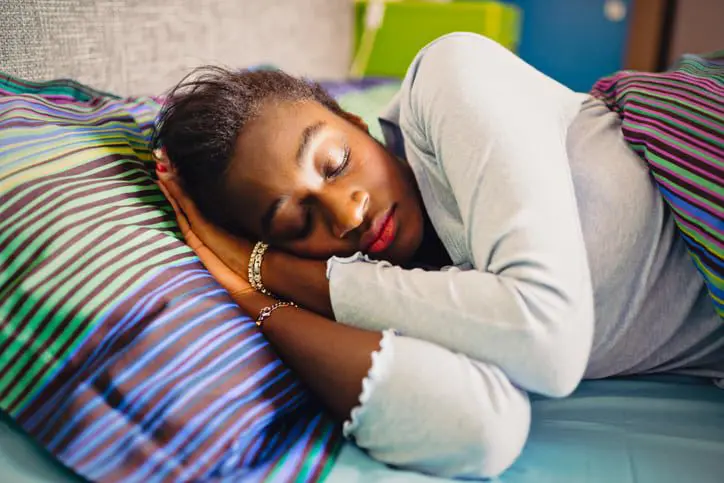Adjusting your nighttime routines can reduce sleep apnea symptoms and improve the effects of sleep apnea treatment. These may not be enough to cure your condition on their own, but they can make a big difference in the quality of sleep you achieve. Here are some bedtime tips for sleep apnea sufferers, courtesy of our Michigan sleep apnea treatment center.
Maintain A Regular Sleeping Schedule
If you go to bed and wake up around the same time each day, you’re more likely to get a good night of rest. Your body likes routines, like eating or exercising at the same time every day. If you just go to sleep whenever you are tired, you may have a hard time sleeping the next night. Stay on a consistent schedule as much as possible, and you will be able to fall asleep faster and stay asleep longer even with sleep apnea.
Fall Asleep On Your Side
Sleeping on your back increases your risk for sleep apnea symptoms. You may not be able to control how you move once you fall asleep, but you can control how you start sleeping. If you lie on your back, your tongue will have the opportunity to fall back in your throat. That’s what causes obstructive sleep apnea. On your side, this is much less likely to occur.
Pro Tip: Place a tennis ball behind your back when you fall asleep. If you roll over during the night, you will feel that and know to roll back on your side.
Keep Your Nasal Passages Clear
If you have sinus troubles, take medication before bed to clear your nose and improve your breathing abilities. Breathing strips and nasal sprays can also help, depending on your symptoms. The goal here is to keep your nose clear so you can breathe through it at night. If you have to breathe through your mouth, your sleep apnea symptoms are more lightly to occur.
Chew Sugarless Gum Before Bed
Chewing gum strengthens your jaw muscles, which will encourage them to stay in place as you sleep. This is essentially a workout for your mouth. Chew gum for about 10-15 minutes right before bed. Then brush your teeth to make sure they stay clean through the night. You could also practice moving your jaws up and down before bed if you wanted to create the motion without gum.
For more information about sleep apnea treatment, call Clinton Dental Center today.











